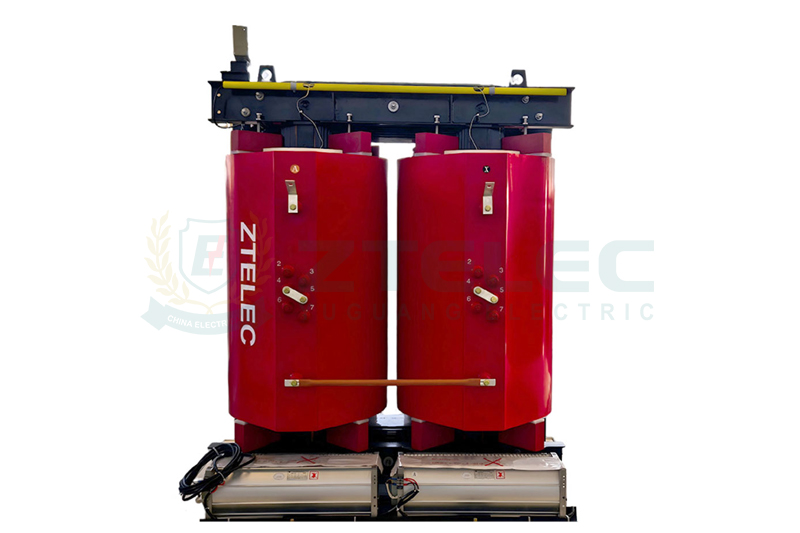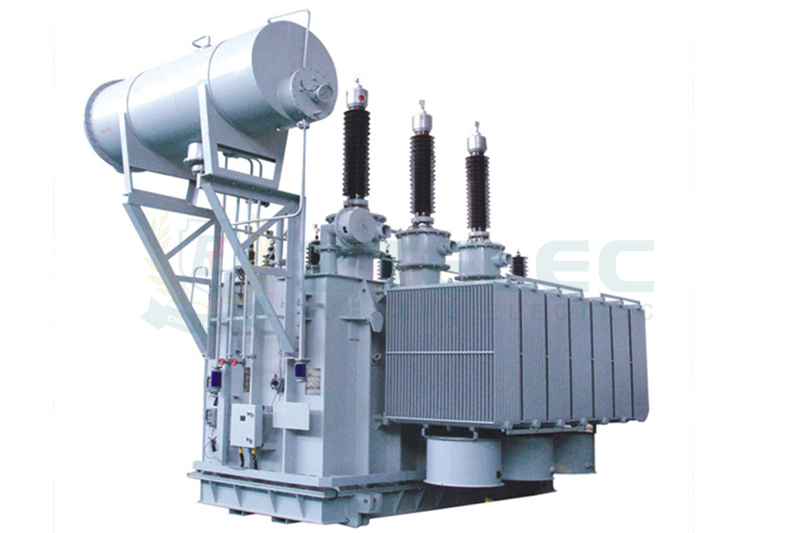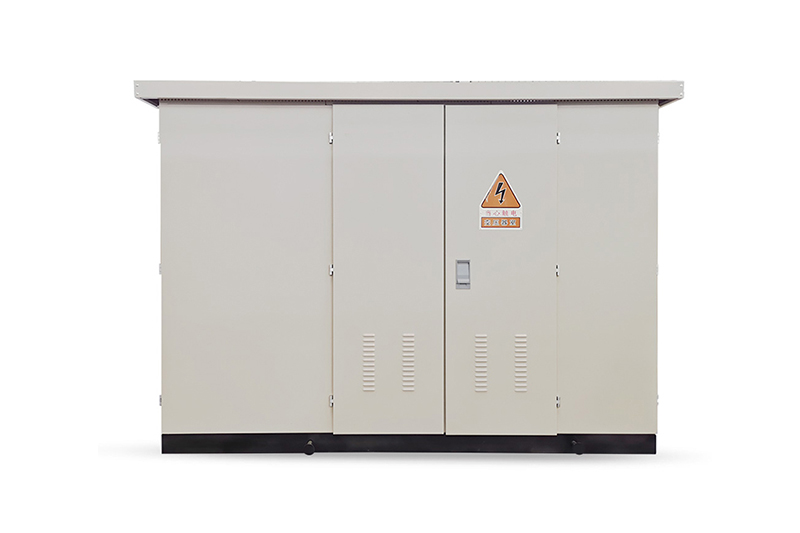2025 Oil Type Transformer Purchasing Guide: Models, Prices, and Applications
Time:2025-09-3 Auther:ZTelec-www.ztelectransformer.com
The model of an oil type transformer usually reflects its technological generation and energy efficiency level. Common series in the market include S9, S11, S13, S20, and S22. Generally, the higher the number, the newer the technology and the higher the efficiency.
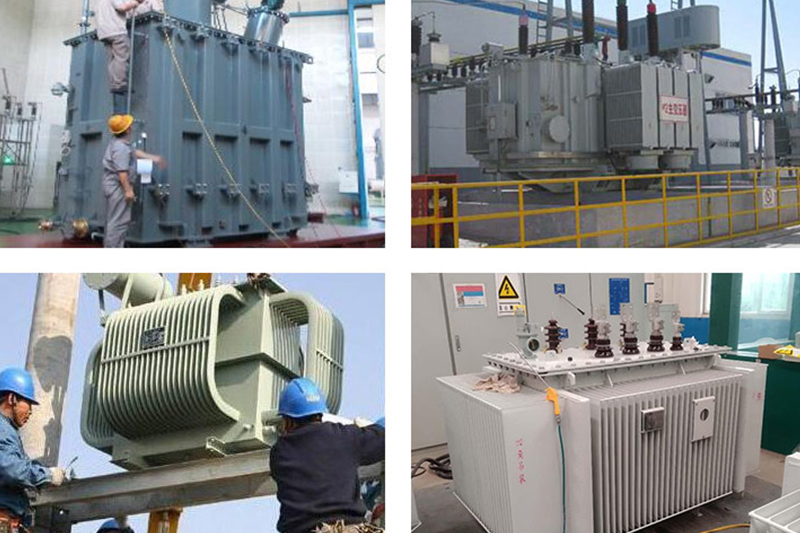
S13 Series
This series offers relatively high energy efficiency with an optimized new core design. Compared with traditional S9 and S11 models, no-load losses are reduced by approximately 30%, and load losses are also somewhat lower, resulting in better energy utilization efficiency.
S20 Series
As a new generation of energy-saving transformers, it meets China’s Level 2 energy efficiency standard. For example, the S20-1000kVA/10/0.4 model has no-load losses of 830 W, load losses of 10,300 W, and a no-load current of only 0.6%.
S22 Series
This series is expected to have even greater energy-saving potential in the future. Some procurement projects have already begun specifying the use of S22 transformers.
Core Models and Prices of Oil Type Transformers
SZS9 Series: Cost-effective and suitable for basic projects.
SZS9-2500 (2500 kVA): ~ ¥6,250
SZS9-1250 (1250 kVA): ~ ¥2,000
SZS9-500 (500 kVA): ~ ¥700
SZS9-125 (125 kVA): ~ ¥300
S20 Series: Suitable for medium-voltage scenarios and industrial distribution.
S20-800KVA 10/0.4KV (800 kVA): ¥58,400
S20-1000KVA 10/0.4KV (1000 kVA): ¥60,800
S20-1250KVA 10/0.4KV (1250 kVA): ¥72,300
S22 Series: Upgraded energy efficiency, suitable for large-scale projects.
S22-800KVA 10/0.4KV (800 kVA): ¥67,000
S22-1000KVA 10/0.4KV (1000 kVA): ¥70,000
S22-1250KVA 10/0.4KV (1250 kVA): ¥83,100
S13-50/10-0.4: Small and flexible, supports single-unit orders.
50 kVA: ¥10,600–11,200, suitable for businesses and community use.
Note: The prices listed above are for reference only.
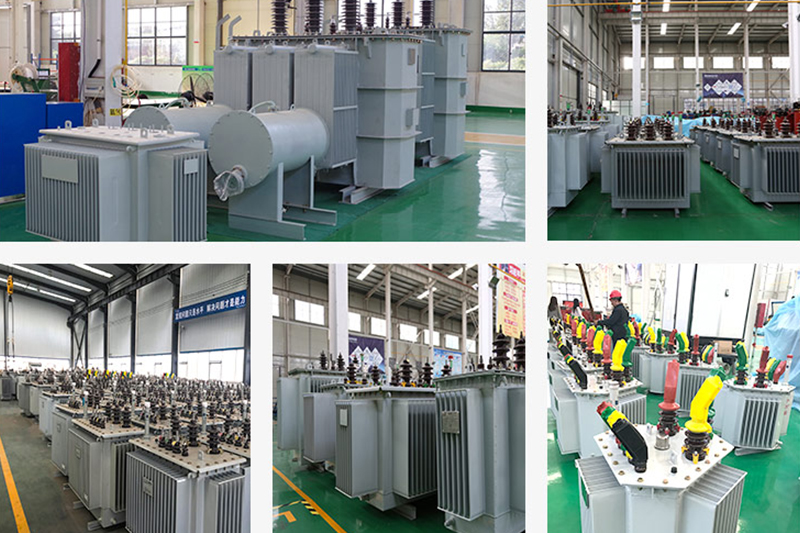
Key Factors Affecting the Price of Oil Type Transformers
Raw Material Prices: Fluctuations in copper, silicon steel sheets, insulation, transformer oil, and other materials directly affect costs.
Technical Specifications and Energy Efficiency: Higher efficiency models like S22 compared to S13 lower losses but require more advanced technology and materials, increasing the price.
Brand and Quality: Well-known transformer manufacturers with certifications and proven reliability usually charge higher prices.
Customization Requirements: Special voltage ratings, unique cooling, anti-corrosion (e.g., C5-M for offshore), or smart monitoring features increase costs.
Purchase Quantity: Bulk orders allow for more competitive unit pricing.
Transportation and Installation: Shipping and professional installation costs must be included for large oil-immersed transformers.
Core Application Scenarios of Oil Type Transformers
Power Systems
Oil-immersed transformers play a core role in power generation, transmission, and distribution, including:
Step-up transformers at power plants
Transmission hub transformers in the grid (110kV, 220kV, and higher)
Distribution transformers in networks (10kV/0.4kV)
Industrial and Commercial
Factories, mines, commercial complexes, and data centers rely on oil type transformers as primary or backup sources for stable and reliable electricity supply.
Renewable Energy
Wind Farms: Offshore wind farms increasingly use sealed, lightweight vegetable oil transformers with high corrosion resistance and short-circuit tolerance, suitable for harsh marine environments.
Photovoltaic Power Plants: Transformers step up inverter output voltage to grid connection levels, ensuring stable energy delivery.
Specific Industries
Petrochemical: Oil fields and refineries demand highly reliable and safe oil-immersed transformers.
Rail Transportation: Electrified railways use oil transformers in traction substations.

